- Education and Training: While formal education may not always be a strict requirement, certain roles in farming may benefit from agricultural or related degrees. Additionally, specialized training in areas such as animal husbandry, crop management, and agricultural technology can be advantageous.
- Experience: Practical experience in farming, either through internships, apprenticeships, or hands-on work, is highly valued. Understanding the nuances of farming practices and the ability to operate farm equipment are essential.
- Physical Fitness: Farming often involves physical labor, so individuals seeking employment in the industry should be in good physical condition and capable of performing tasks such as lifting, bending, and working outdoors in various weather conditions.
- Knowledge of Agricultural Practices: A strong understanding of agricultural practices, including planting, harvesting, irrigation, and pest management, is crucial for many farming roles.
- Regulatory Compliance: Familiarity with local, state, and federal regulations related to farming, including environmental regulations, food safety standards, and labor laws, is important for compliance and risk management.
- Problem-Solving Skills: The ability to troubleshoot and solve problems related to crop health, equipment maintenance, and animal care is valuable in the farming industry.
- Business Acumen: For individuals interested in farm management or ownership, knowledge of business principles, financial management, and marketing can be beneficial.
These requirements reflect the diverse skill set and knowledge base needed for employment in the farming industry
Employment Opportunities At Rasta Roots Farming
Interested in joining our team? Please leave us a detailed message and we will get back to you!
